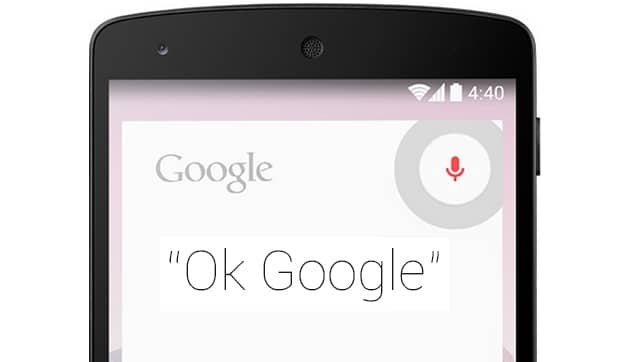
Your Digital Fingerprint: How companies are watching your every move!
Ever had that sneaking suspicion you are being followed on the internet. No it’s not a glitch in the Matrix, that black cat was the same one you saw 2 minutes ago on another site. As users, we move through our Internet experiences unaware of the churning subterranean machines powering our web pages with their cookies and pixels trackers, their tracking code and databases. If your like me and you’ve started the day of reading the headlines on the SMH site, decided you need a new white shirt so you pop across to ASOS, and finish the day booking a flight to Melbourne, chances are your data has been collected by over 50 different companies.
Companies than use this data to predominantly serve online banner ads that match specific criteria. There’s nothing necessarily sinister about this, after all, it’s these ads that are allowing you to enjoy the rich content delivered through the web for free. However, with the rise of predicative analysis and improved data collection methods, we are starting to see a very thin line develop between our digital selves and the real person guiding that mouse. Right now, a huge chunk of what you’ve ever looked at on the Internet is sitting in databases all across the world, steadily accumulating clicks and habits that will eventually be mined and marketed.
It may even shock you to learn that some online merchants are also now using your personal data to rip you off when you shop online. Typically, they use one of two methods:
- Through tracking your online movements, or buying data, companies categorise users based on demographics and serve different prices (similar to what Coles & Woolworths were accused of doing by setting higher prices in the Eastern Suburbs and lower Prices in the Western Suburbs).
- Companies (most notably documented within the travel industry) surreptitiously use “cookies” they’ve implanted on your Web browser to track your activity on their sites and then raise prices when it appears that you’re interested in a fare.
It is worth noting that reputable agencies and companies shun upon this practice, however, it does raise a few eyebrows, and has caused my inner skeptic to make sure my history is deleted before booking anything online.
Right now, you may be thinking twice about how often you clear your history; however, following your movements online isn’t fundamentally such a deplorable thing. At the point when following is utilised inside a site, the information can help site holders tweak their designs, enhancing areas of interest and tailoring messaging for a more productive user experience. Tracking cookies can additionally be utilised to give users focused content and recommendations. Cookies can also be lauded for decreasing the scatter gun approach, whereby users were being served ads which clearly they had no interest in.
Is Your Smartphone Listening to You, or Is It Just Coincidence?
They’re no longer just used for calls. Voice-controlled “intelligent assistants” like Apple’s Siri, Google Assistant, and Microsoft’s Cortana are commonplace on modern smartphones. We use them to search for answers, set reminders, and fix appointments. Apps and games can also request microphone access, and they frequently do. But do we really know when they’re listening and what happens to the audio they record?
“Smartphones are small tracking devices,” Michelle De Mooy, Acting Director of the Center for Democracy and Technology’s Privacy & Data Project, told Digital Trends. “We may not think of them like that because they’re very personal devices — they travel with us, they sleep next to us. But they are in fact collectors of a vast amount of information including audio information.”
If you doubt that, and you’re a user of Google services, take a minute and visit this link. If you’re logged into your Google account, it will show all your activity across Google’s services, from Chrome and Search to Android and YouTube. Tap Filter by date & product at the top, choose Voice & Audio, and then hit Search. If you’ve ever used voice search on Google, you’ll see a list of audio recordings that you can play back and listen to right now.
Few people realize that the data is there. Google is relatively transparent, in that it allows you to review what has been collected, but it doesn’t go out of its way to publicize that it’s there in the first place. Most other companies that record you don’t let you see what they have at all, and it’s far from clear what they’re doing with the audio.
If you worry that your smartphone might be listening to your conversations, you’re not alone.
Your recordings probably aren’t being listened to by an actual human being (though if there’s any truth to this Reddit thread, they might be). But companies are certainly applying algorithms to look for patterns and determine potentially useful things about your behaviors and interests.
Audio data could reveal all sorts of things. The ambient noise could determine whether you’re in the living room or the bathtub. Background voices could reveal who you’re with. Using the microphone to measure noise levels can even reveal when you’re asleep.
